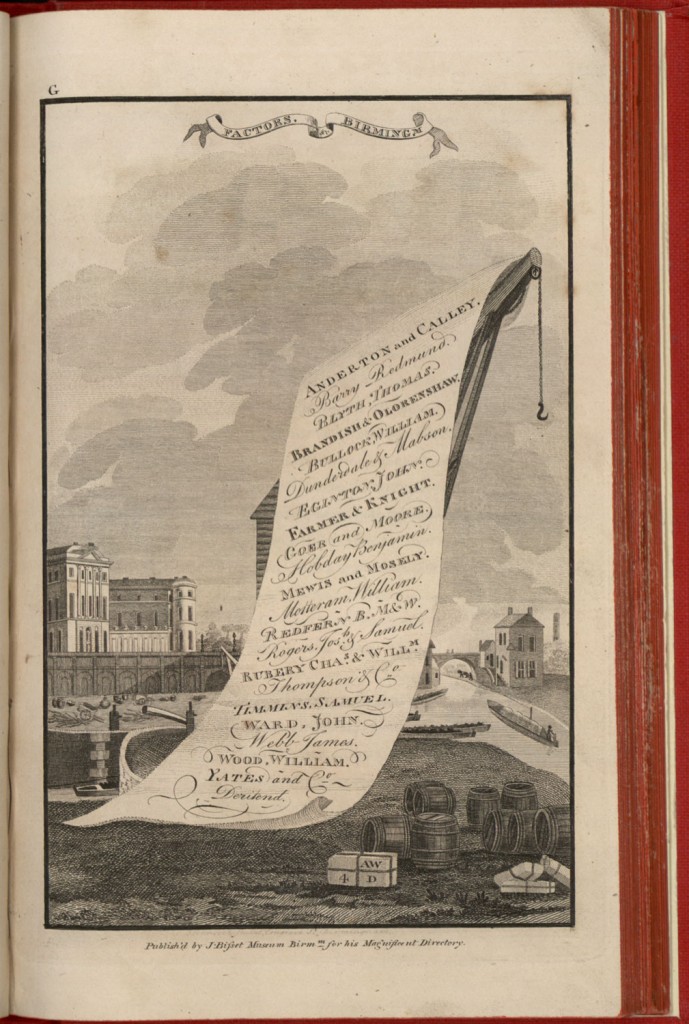Inland Navigation, An Ode. Humbly Inscribed to The Inhabitants of Birmingham, And Proprietors of the Canal
Image: Factors or Commercial Agents in Birmingham with a view of the Crescent and Wharf. J Bisset, Bisset’s Magnificent Guide or Grand Copper Plate Directory for the Town of Birmingham (Birmingham, Printed for the Author by R Jabet, 1808). J Hancock’s engraving of the Wharf in Birmingham, now Gas Street Basin is dominated by a scroll, supported by a crane, which provides the names of twenty-one businesses. To the left is a view of canal wharves near the Crescent, a distinguished Georgian terrace. The canal basin presents commercial activity including barges, a canal bridge and a lock, which is partly hidden by the scroll. Goods in packages and barrels are shown ready for loading.
Image from: Local Studies and History, Birmingham Central Library
And now behold the vast increase
Of Cuts, fair Commerce to protect,
…………
Nor will the undertakings cease,
‘Till Trent and Severn with the Thames unite.
…………
All hearts fraught with mirth at the Wharf shall appear,
…………
For true-feeling joy on each breast must be wrought,
When Coals under Five-pence per hundred are bought.
…………
But let not the joys be confin’d to the Town;
All over the County shall gladness be shewn;
The Tradesman, Mechanic, and Cottager too,
Shall all share the bounty that soon must ensue,6
The previous poem, Jago’s Labour and Genius compares two natural but adapted waterways. In this poem we have a third type of waterway, planned and completely created for commercial purposes. Inland Navigation is one of several poems on ‘Cuts’ (i.e. canals) by John Freeth, the prolific and frequently overtly political Birmingham versifier. It was written in 1769, while the Birmingham canal, which ran to join the Staffordshire and Worcestershire canal, north of Wolverhampton, was under construction.
While Freeth writes optimistically that all would gain from the canal, apart from the canal owners, the most apparent benefit was to those manufacturers who required large quantities of coal, iron, and other heavy raw materials to be transported. Despite the increase in turnpike roads, travel by road during the eighteenth century, especially in winter, was frequently difficult. With the advent of canals, not only was the transport of heavy raw materials made easier, the costs of transporting some were almost halved.
6John Freeth, Inland Navigation, an Ode. Humbly inscribed to The Inhabitants of Birmingham, and Proprietors of the Canal, printed for the Author, Birmingham, 1769.
« Previous in this sectionNext in this section »Continue browsing this section
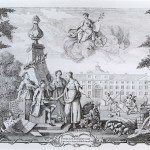 Poetry and the Industrial Revolution in the West Midlands c. 1730-1800
Poetry and the Industrial Revolution in the West Midlands c. 1730-1800
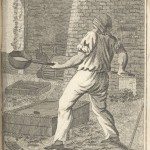 The Cyclops: Addressed to the Birmingham Artisans, Anonymous
The Cyclops: Addressed to the Birmingham Artisans, Anonymous
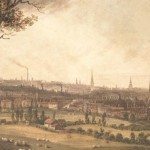 A Letter from a Mechanick in the busy Town of Birmingham, to Mr. Stayner, a Carver, Statuary, and Architect, in the sleepy Corporation of Warwick
A Letter from a Mechanick in the busy Town of Birmingham, to Mr. Stayner, a Carver, Statuary, and Architect, in the sleepy Corporation of Warwick
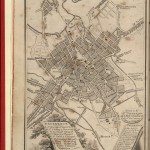 Answer to Dardanus’s
Answer to Dardanus’s
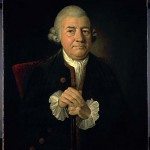 Industry and Genius; or, the Origin of Birmingham. A Fable
Industry and Genius; or, the Origin of Birmingham. A Fable
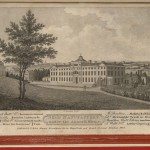 Labour and Genius: or, the Mill-stream, and the Cascade. A Fable
Labour and Genius: or, the Mill-stream, and the Cascade. A Fable
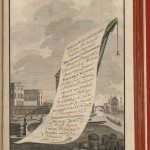 Inland Navigation, An Ode. Humbly Inscribed to The Inhabitants of Birmingham, And Proprietors of the Canal
Inland Navigation, An Ode. Humbly Inscribed to The Inhabitants of Birmingham, And Proprietors of the Canal
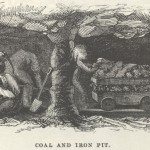 Edge-Hill: a Poem, in four Books
Edge-Hill: a Poem, in four Books
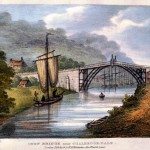 Colebrook Dale
Colebrook Dale
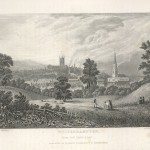 The Life and Lucubrations of Crispinus Scriblerus
The Life and Lucubrations of Crispinus Scriblerus
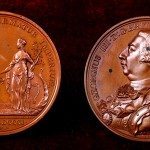 The Botanic Garden, Erasmus Darwin
The Botanic Garden, Erasmus Darwin
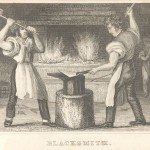 Ramble of the Gods through Birmingham. A Tale, James Bisset
Ramble of the Gods through Birmingham. A Tale, James Bisset
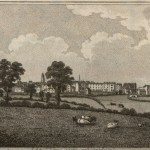 Rural Happiness. To a Friend and Moonlight: in the Country
Rural Happiness. To a Friend and Moonlight: in the Country



